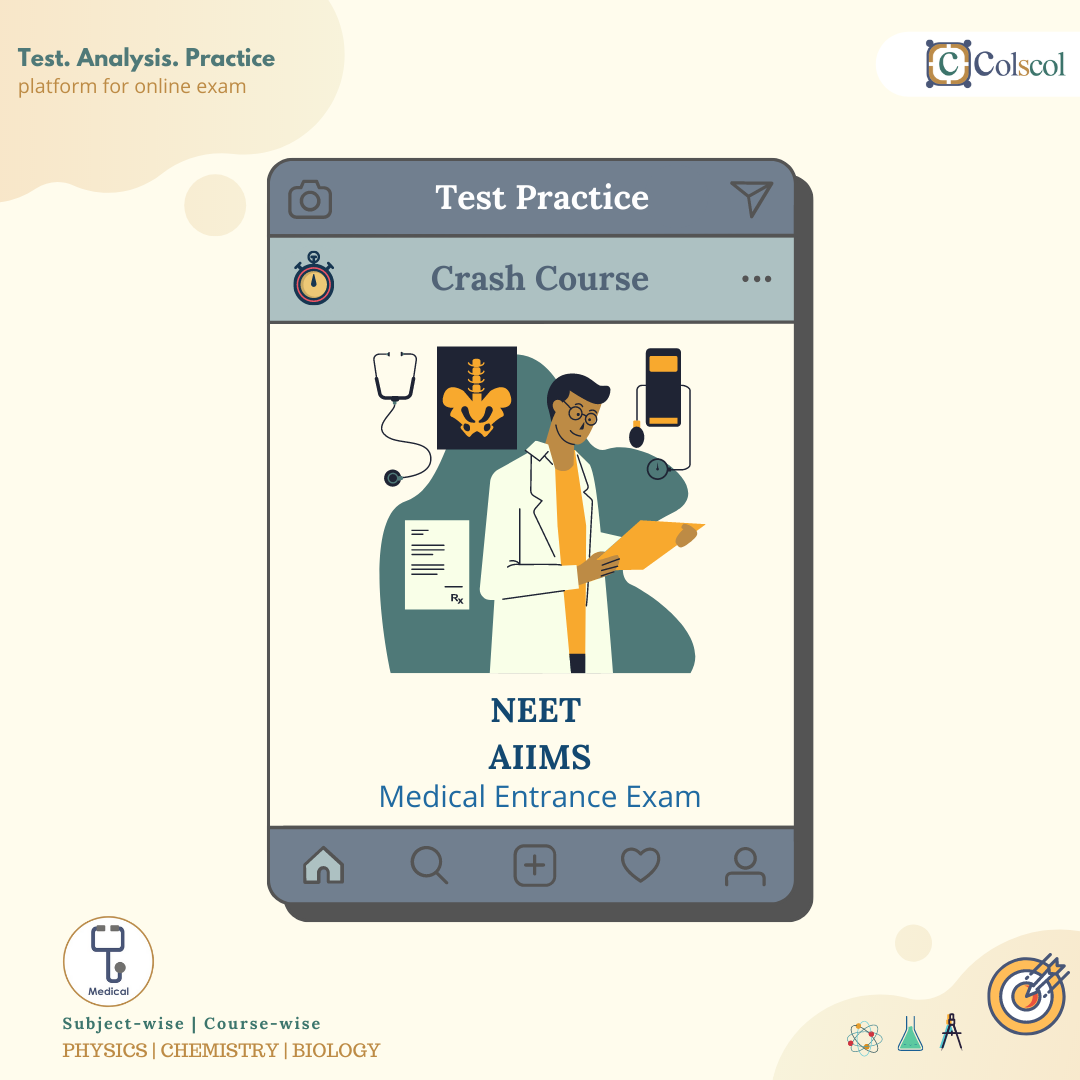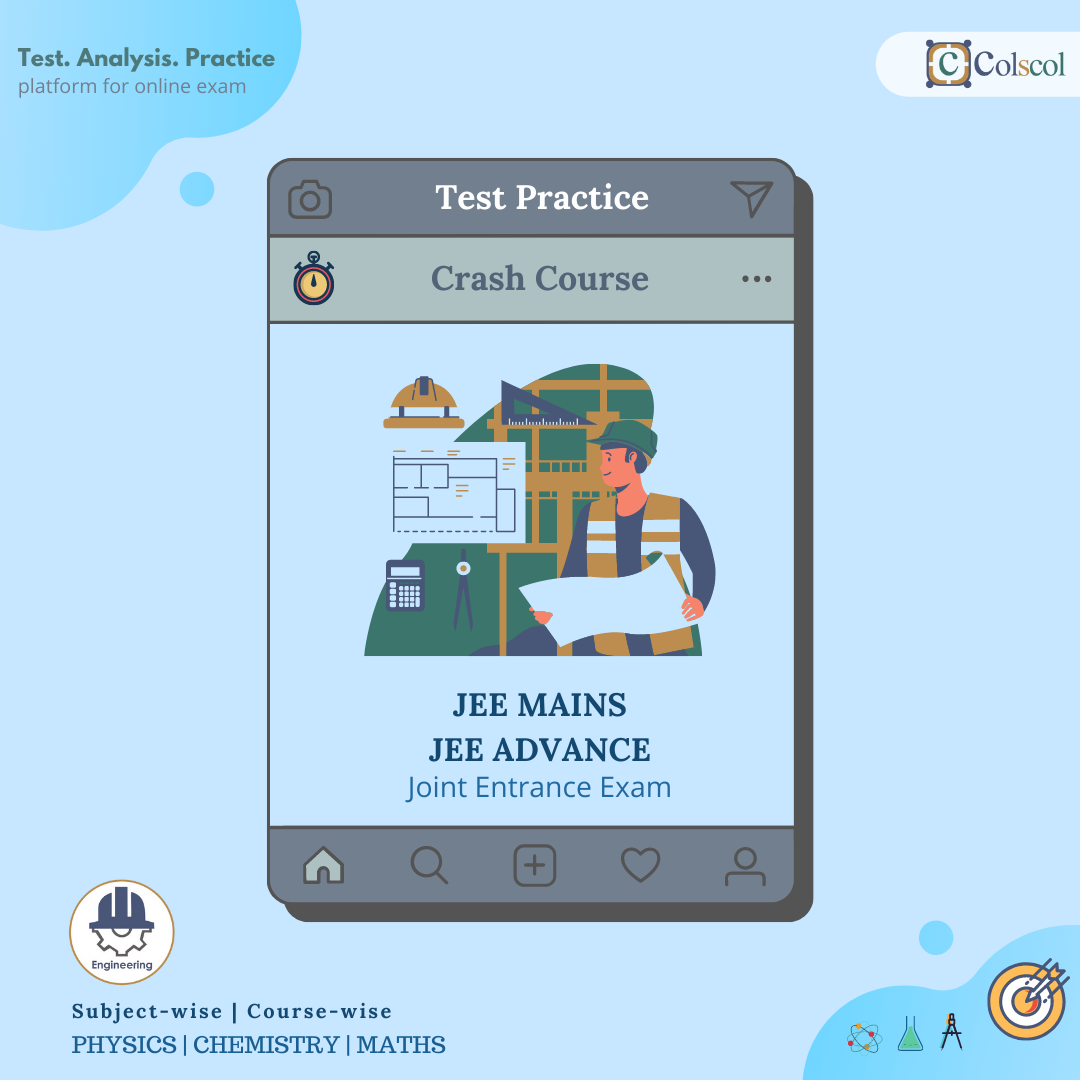CBSE syllabus always maintains a standard, If a student has trouble understanding a topic related to Accounts, the student can go through questions and answers related to each topic covered in Class 11 Accountancy.
Some of the topics Covered include :
TOPICS
-
- Financial Statements – I
- Financial Statements – II
- Accounts from Incomplete Records
- Applications of Computers in Accounting
- Computerised Accounting System
1.A. Stakeholders and their Information Requirements
1.B. Distinction between Capital and Revenue
1.C. Financial Statements
1.D. Trading and Profit and Loss Account
1.E. Operating Profit (EBIT)
1.F. Balance Sheet
1.G. Opening Entry
2.B. Closing Stock
2.C. Outstanding Expenses
2.D. Prepaid Expenses
2.E. Accrued Income
2.F. Income Received in Advance
2.G. Depreciation
2.H. Bad Debts
2.I. Provision for Bad and Doubtful Debts
2.J. Provision for Discount on Debtors
2.K. Manager’s Commission
2.L. Interest on Capital
3.B. Reasons of Incompleteness and Its Limitations
3.C. Ascertainment of Profit or Loss
3.D. Preparing Trading and Profit and Loss Account and the Balance Sheet
4.B. Capabilities of Computer System
4.C. Limitations of a Computer System
4.D. Components of Computer
4.E. Evolution of Computerised Accounting
4.F. Features of Computerised Accounting System
4.G. Management Information System and Accounting Information System
5.B. Comparison between Manual and Computerised Accounting
5.C. Advantages of Computerised Accounting System
5.D. Limitations of Computerised Accounting System
5.E. Sourcing of Accounting Software
5.F. Generic Considerations before Sourcing an Accounting Software




